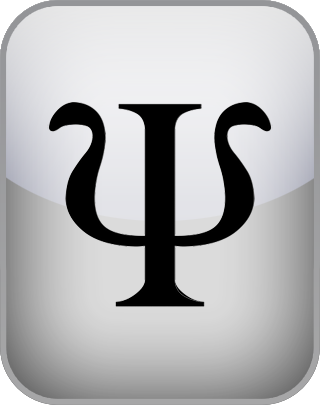Academically reviewed by Dr. Jennifer Schulz, Ph.D., associate professor of psychology
Personality Style Test
This 105-question Personality Style Test will allow you to obtain your scores on all of the 15 personality styles. The personality styles represent a dynamic and more fluid aspect of the personality than the more structural properties measured by the Jung Type Test or the Big Five Test.
In taking the test it is normal for well-functioning individuals to feel as if several of the items apply to them. However, for optimum results, DO NOT click 'Agree' to a question unless it has been a consistent theme in your life. If you are unsure whether a given statement applies to you, select 'Disagree.'
Question 1 of 105
I do not let down my guard around others until I know that they like me.
NEXT
The "Personality Style Test" is the property of IDR Labs International but pays homage to the works of Theodore Millon, Seth Grossman, Aaron T. Beck, Arthur Freeman, and Nancy McWilliams.
The Personality Style Test, based on the research of Dr. Theodore Millon, is a psychological assessment designed to identify and categorize various personality traits and styles. Millon’s pioneering work in personality theory has provided a comprehensive framework for understanding how individual personalities develop, adapt, and sometimes become maladaptive. His model emphasizes that personality is not static but exists on a continuum, with certain traits manifesting in healthier or more dysfunctional ways depending on life circumstances, coping mechanisms, and other factors.
Dr. Millon’s research is rooted in the idea that personality styles are patterns of thinking, feeling, and behaving that individuals use to interact with the world. Unlike traditional models that focus solely on pathological traits, Millon’s approach recognizes that everyone has a blend of personality characteristics that can be adaptive or problematic depending on context. His work on personality is best known for its application in understanding personality disorders, but the Personality Style Test goes beyond pathology to examine how various personality traits manifest across the population.
Millon identified several distinct personality styles, many of which align with broader categories of personality functioning. These styles are mapped along dimensions of interpersonal relationships, emotional expression, and coping strategies. For example:
Compulsive Personality Style: Characterized by a need for order, control, and perfectionism. Individuals with this style are highly disciplined, but they may also struggle with rigidity and difficulty adapting to change.
Dependent Personality Style: Marked by a deep need for approval and support from others, individuals with this style may have difficulty making decisions or functioning independently, relying heavily on close relationships for guidance.
Histrionic Personality Style: Defined by an intense need for attention and approval, people with this style often exhibit dramatic, emotional behaviors and seek validation through social interactions.
Narcissistic Personality Style: Associated with a strong sense of self-importance, individuals with this style often focus on their own needs and seek admiration, but they may struggle with empathy and close relationships.
Millon’s Personality Style Test also includes other styles, such as avoidant, schizoid, and aggressive styles, each highlighting different ways individuals interact with their environments and relationships. The test reveals which personality traits are dominant in an individual’s psychological makeup, offering insights into how these traits influence behavior, decision-making, and interpersonal relationships.
A key aspect of Millon’s work is the understanding that personality styles exist on a spectrum. While someone may exhibit traits associated with a personality disorder, they can still function adaptively if these traits are balanced and not extreme. Conversely, when these traits become rigid or exaggerated, they can lead to maladaptive behaviors and psychological distress.
In summary, the Personality Style Test based on Millon’s research offers a nuanced view of human personality, recognizing the complex blend of traits that define how individuals interact with the world. It’s an essential tool for clinicians and researchers alike, providing valuable insights into both healthy and problematic personality styles.
While this test can help you gauge the extent of your scores on the various scales associated with the 15 personality styles, it is important to note that test scores do not necessarily translate into real-world assessments, as conducted by certified medical personnel with the respondent physically present and based on an extensive review of the respondent's personal and family history, among other things.
As such, please note that the information provided by this website provides psychological information for educational purposes only. The information is provided "as-is" and should not be construed to constitute professional services or warranties of any kind. The publisher is not engaged in rendering legal, medical, financial, or any other type of professional services. If expert assistance is required, seek the services of a professional elsewhere.
The "Personality Style Test"© is the property of IDR Labs International. For more information, please consult our Terms of Service.

 English
English  Español
Español  Português
Português  Deutsch
Deutsch  Français
Français  Italiano
Italiano  Nederlands
Nederlands  Polski
Polski  Українська
Українська  Русский
Русский  Türkçe
Türkçe  العربية
العربية  日本語
日本語  한국어
한국어  ไทย
ไทย  汉语
汉语 